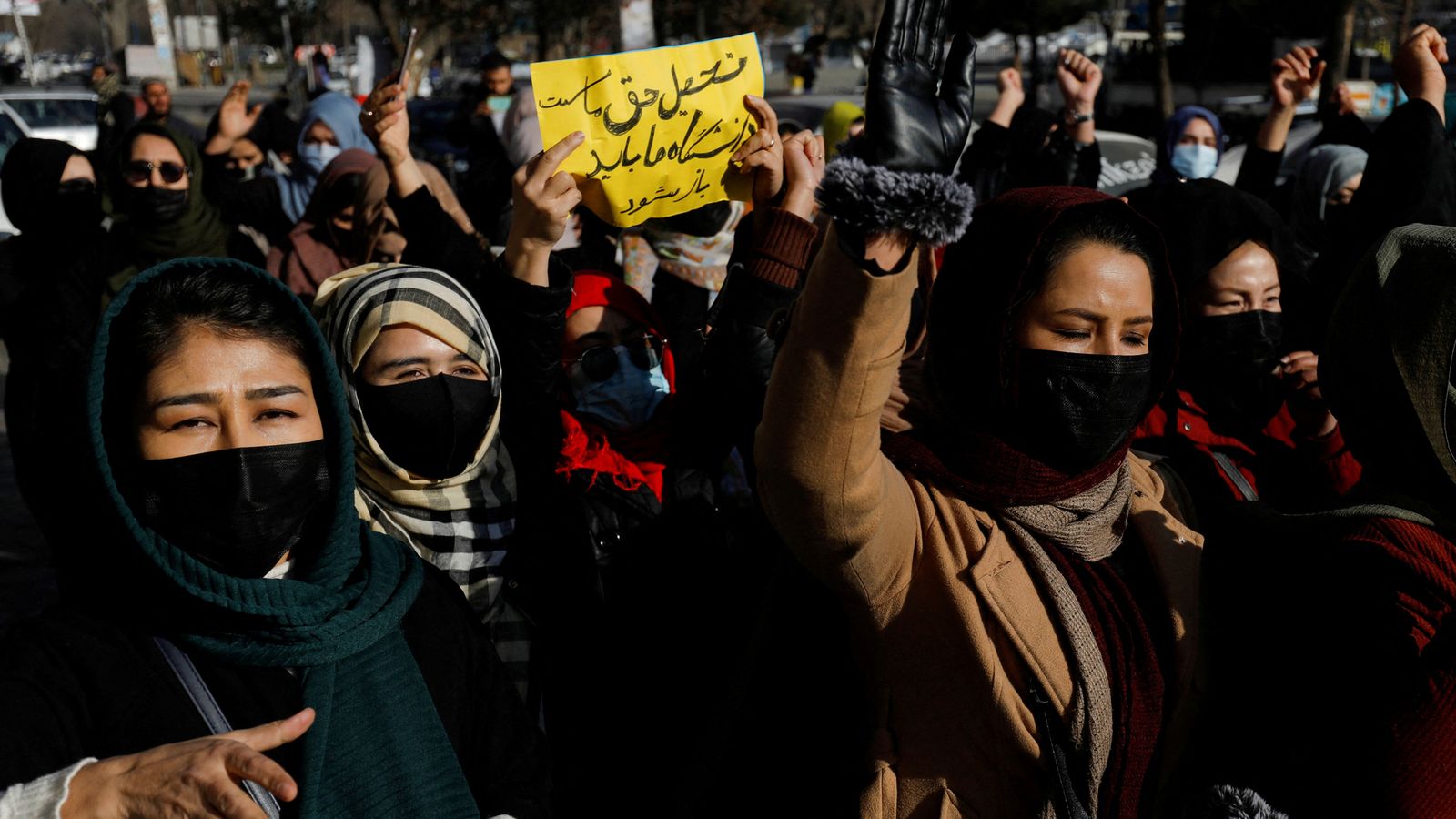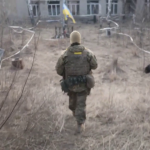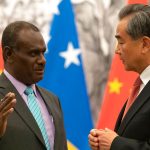Several groups providing aid in Afghanistan have suspended their operations, after the Taliban ruled women could no longer work for non-governmental organisations with immediate effect.
On 24 December, the Taliban said the ban on female employees was because some had not adhered to the Taliban’s interpretation of the Islamic dress code for women.
Save The Children, CARE and the Norwegian Refugee Council have all said they are unable to work effectively with women and children without their female staff in place.
In a joint statement, the trio of organisations said: “Without women driving our response, we would not have jointly reached millions of Afghans in need since August 2021.
“Beyond the impact on delivery of life-saving assistance, this will affect thousands of jobs in the midst of an enormous economic crisis.
“Whilst we gain clarity on this announcement, we are suspending our programmes, demanding that men and women can equally continue our lifesaving assistance in Afghanistan.”
The Taliban‘s economy ministry said it had received “serious complaints” about female staff not wearing the “correct” headscarf or hijab.
Taliban ban Afghan women from working at NGOs – as UN says its work will be affected
Rishi Sunak warns Taliban ‘the world is watching’ after women banned from Afghanistan universities
Taliban bans women from universities in Afghanistan
The United Nations Secretary-General Antonio Guterres said he was deeply disturbed by the Taliban’s move, adding: “The United Nations and its partners, including national and international non-governmental organisations, are helping more than 28 million Afghans who depend on humanitarian aid to survive.”
It was not clear if the ban, announced in a letter and confirmed by the economy ministry, also applied to foreign women or those working for the United Nations, which has a significant presence in the country.
Please use Chrome browser for a more accessible video player
The economy ministry said the ban applies to Afghanistan‘s coordinating body for humanitarian organisations, known as ACBAR, which does not include the UN.
However, the UN contracts NGOs that are part of ACBAR in Afghanistan to carry out its humanitarian work.
The UN said it hopes to meet with the Taliban to seek clarity on the issue, with Ramiz Alakbarov, its deputy special representative for Afghanistan and humanitarian coordinator, adding most of its work in the country was carried out by NGOs.
He said: “Many of our programmes will be affected, and we won’t be able to implement them because, unless we have participation of female staff in the assessment of humanitarian need, in identification of beneficiaries, in providing the aid and distributing the aid – then we will not be able to implement them.”
This ban came days after Afghan women were stopped from going to university by the Taliban, a move that drew international condemnation.






















